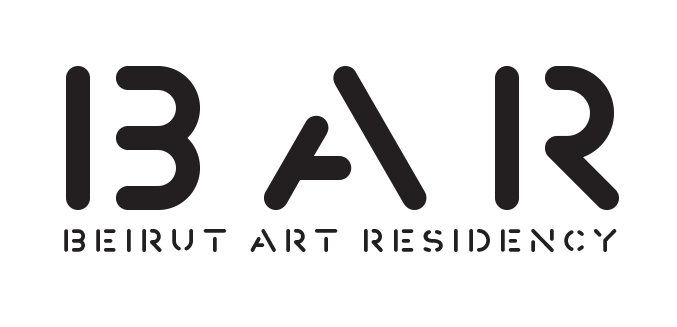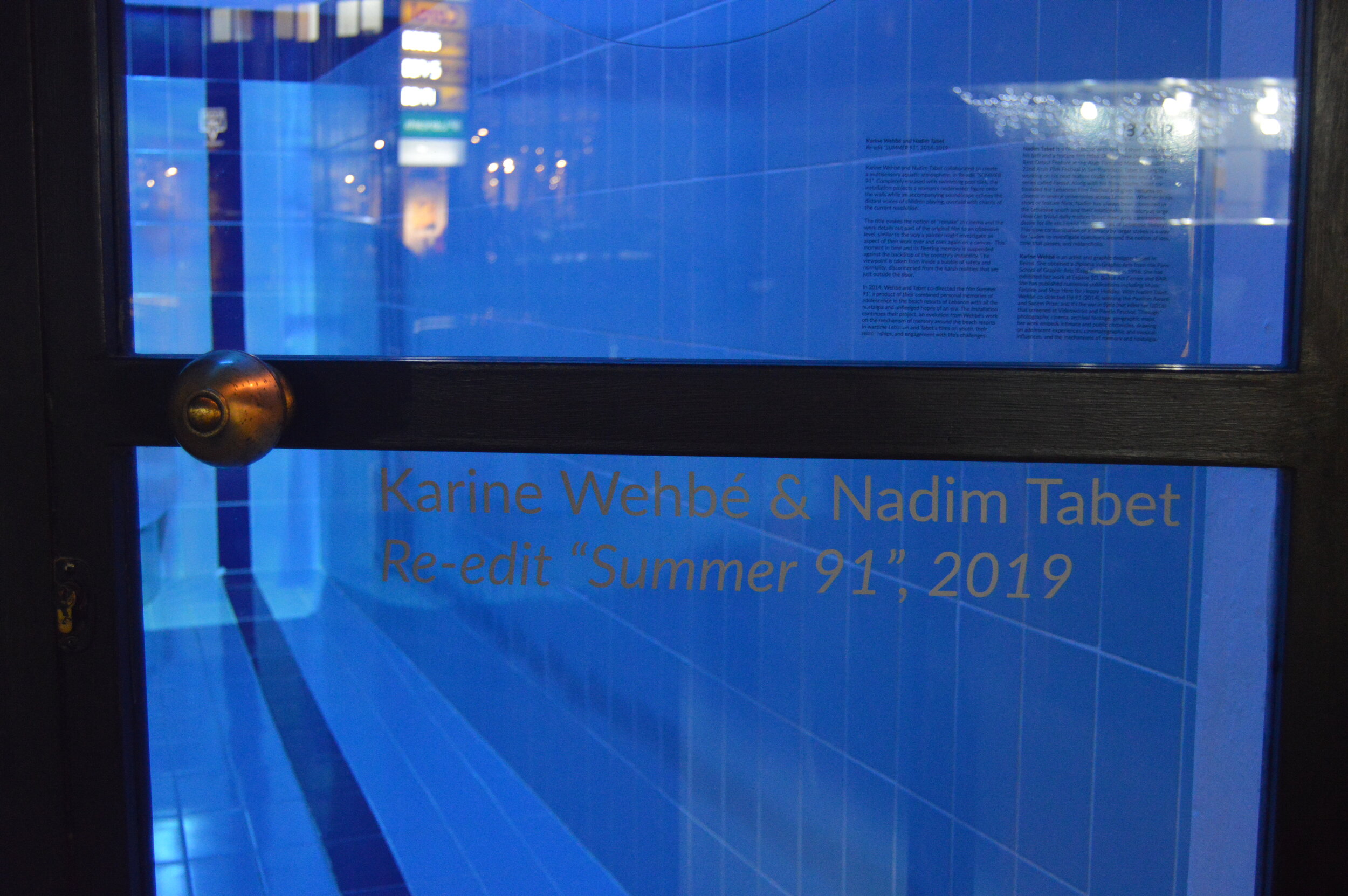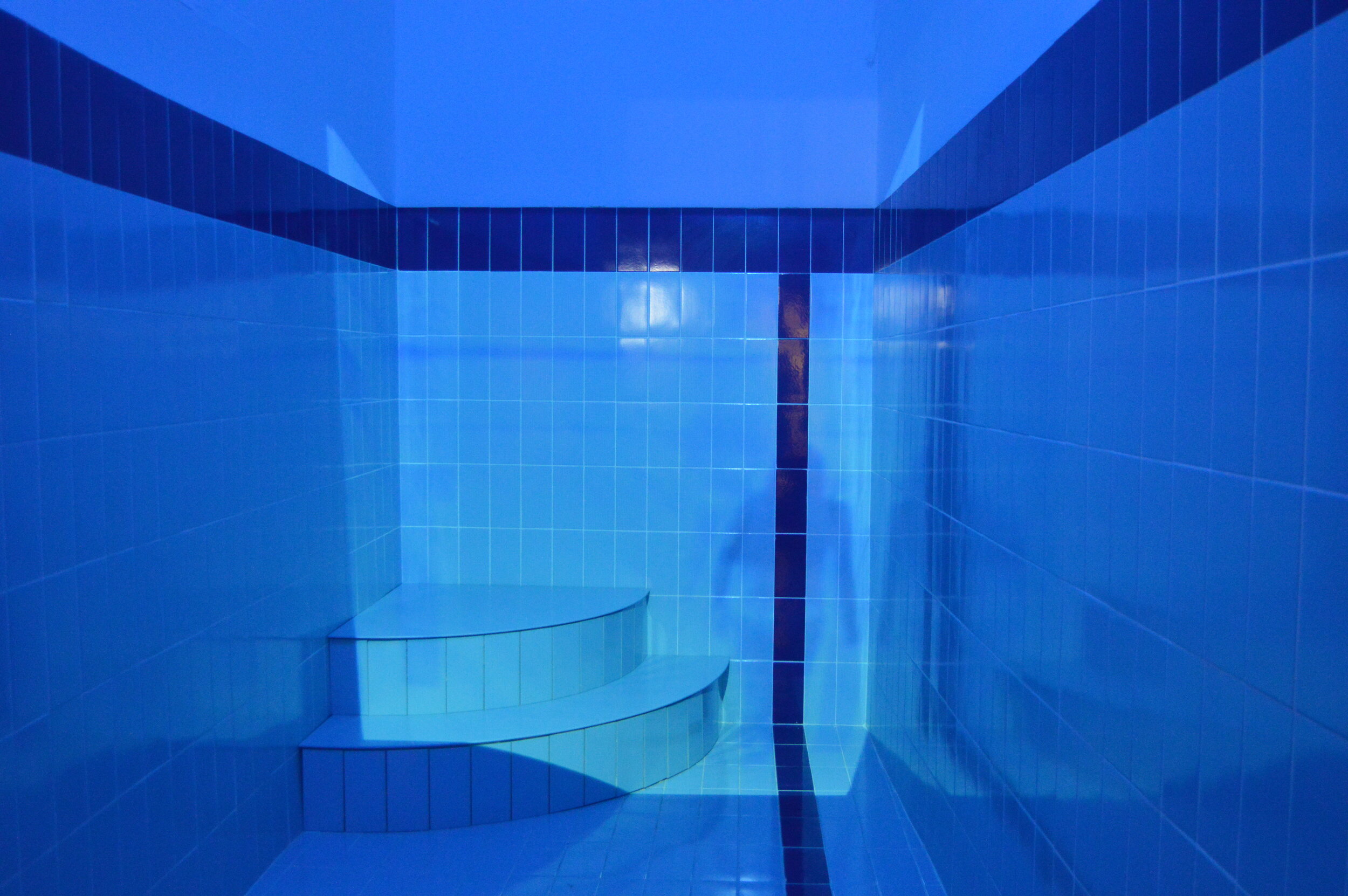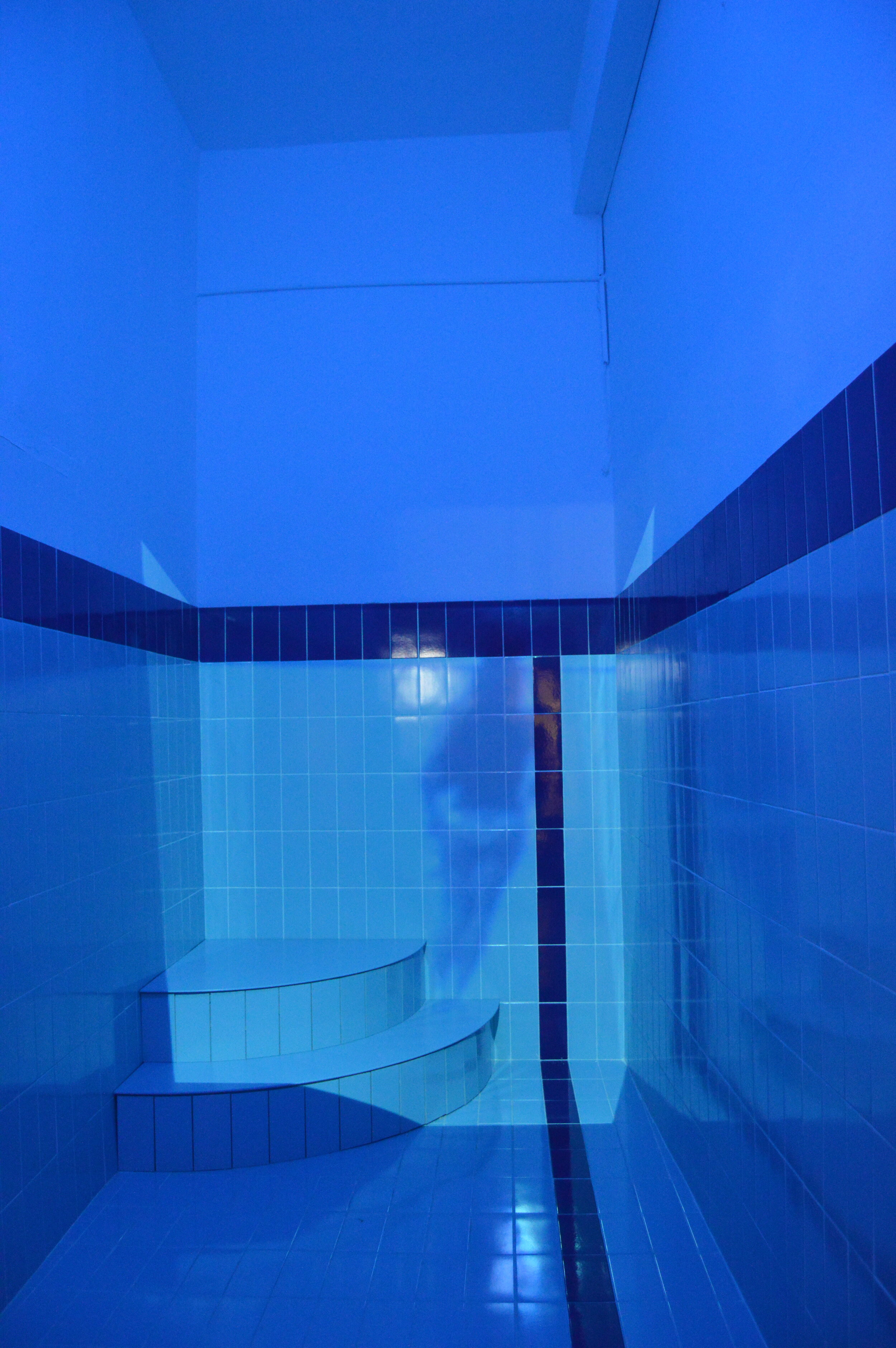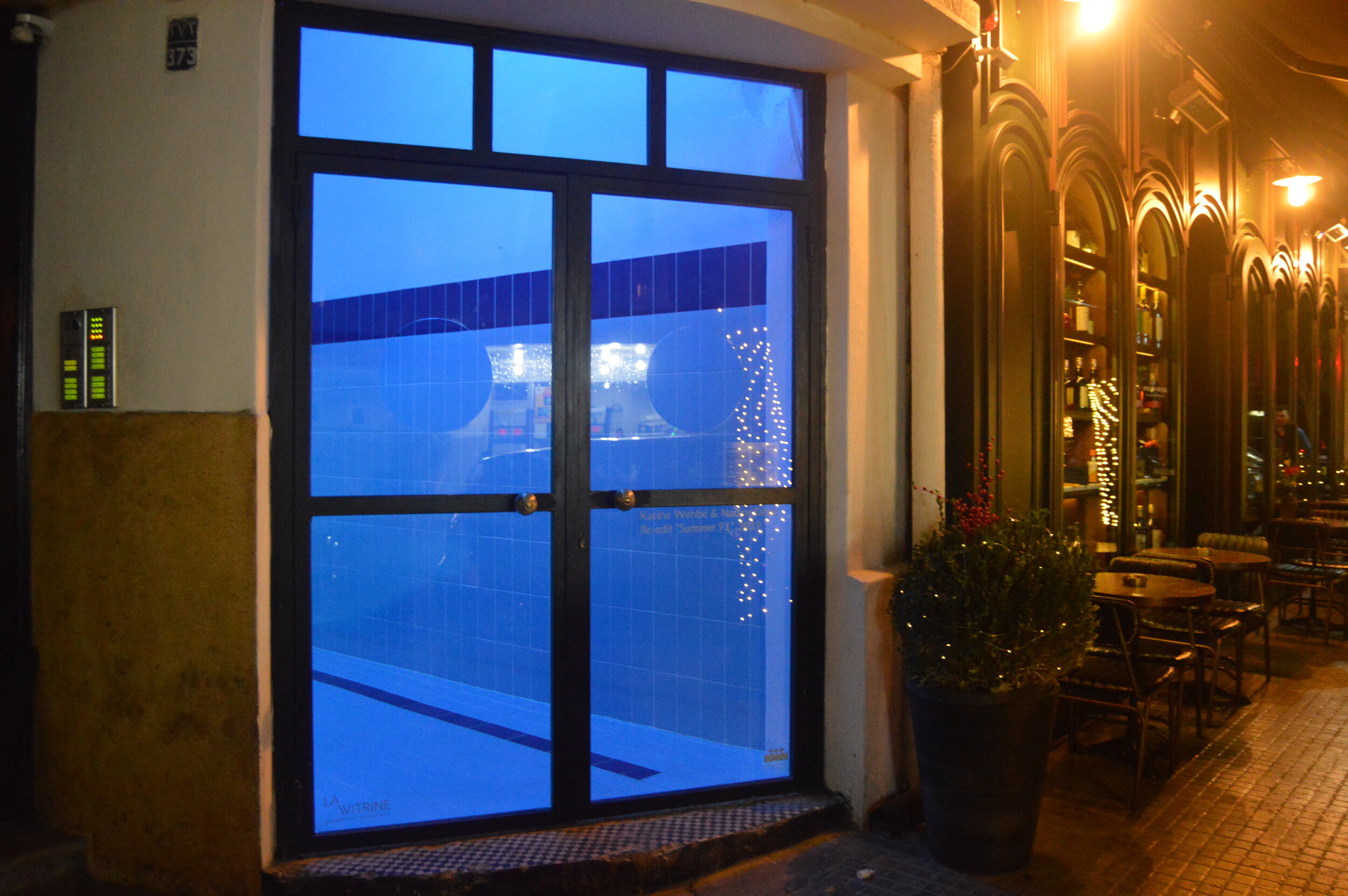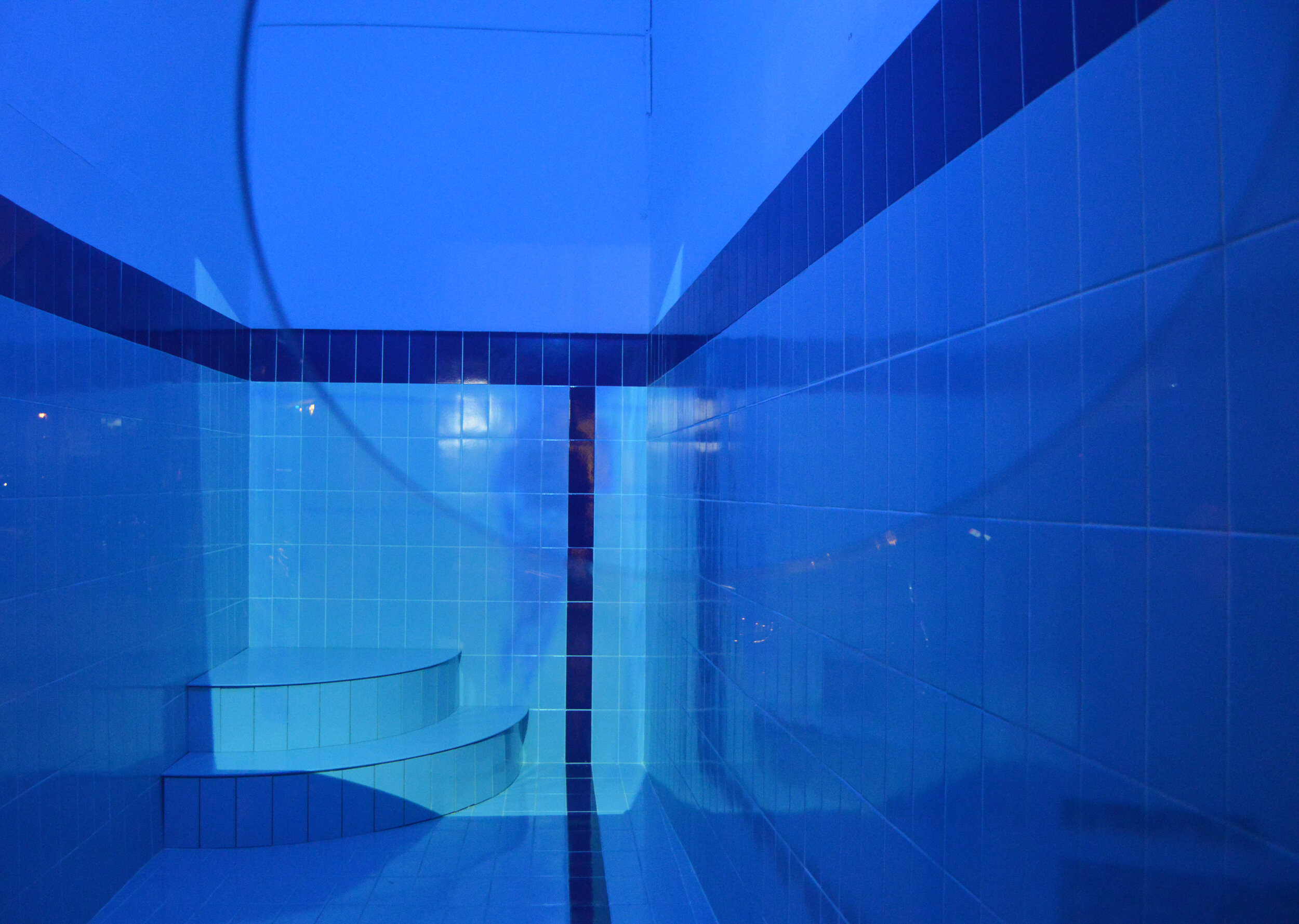Karine Wehbé & Nadim Tabet
Nadim Tabet is a film director with several short films under his belt and a feature film titled One of These Days which won Best Debut Feature at the Arab Film and Media Institute's 22nd Arab Film Festival in San Francisco. Along with his films, Nadim Tabet co-founded the Lebanese Film Festival and gives lectures on cinema in several universities across Lebanon. Whether in his short or feature films, Nadim has always been interested in the Lebanese youth and their relationship to history at large. How can trivial daily matters (boys meet girls, carelessness, desire for life etc.) resist the upheavals of Lebanese history? This slow contamination of intimacy by larger stakes is a way for Nadim to investigate questions around the notion of loss, time that passes, and melancholia.
Karine Wehbé is an artist and graphic designer based in Beirut. She obtained a diploma in Graphic Arts from the Paris School of Graphic Arts (Esag Penninghen) in 1996. She has exhibited her work at Espace SD, Beirut Art Center and BAR. Wehbé has published numerous publications including Music Fanzine and Stop Here for Happy Holiday. With Nadim Tabet, Wehbé co-directed Eté 91 (2014), winning the Pavilion Award and Sacem Prize; and It’s the war in Syria that killed her (2016) that screened at Videoworks and Pantin Festival. Through photography, cinema, archival footage, geographic maps, her work embeds intimate and public chronicles, drawing on adolescent experiences, cinematographic and musical influences, and the mechanisms of memory and nostalgia.
Summer ‘91
Completely encased with swimming pool tiles, the installation projects a woman’s underwater figure onto the walls while an accompanying soundscape echoes the distant voices of children playing, overlaid with chants of the current revolution. The title evokes the notion of “remake” in cinema and the work details out part of the original film to an obsessive level, similar to the way a painter might investigate an aspect of their work over and over again on a canvas. This moment in time and its fleeting memory is suspended against the backdrop of the country’s instability. The viewpoint is taken from inside a bubble of safety and normality, disconnected from the harsh realities that are just outside the door.
